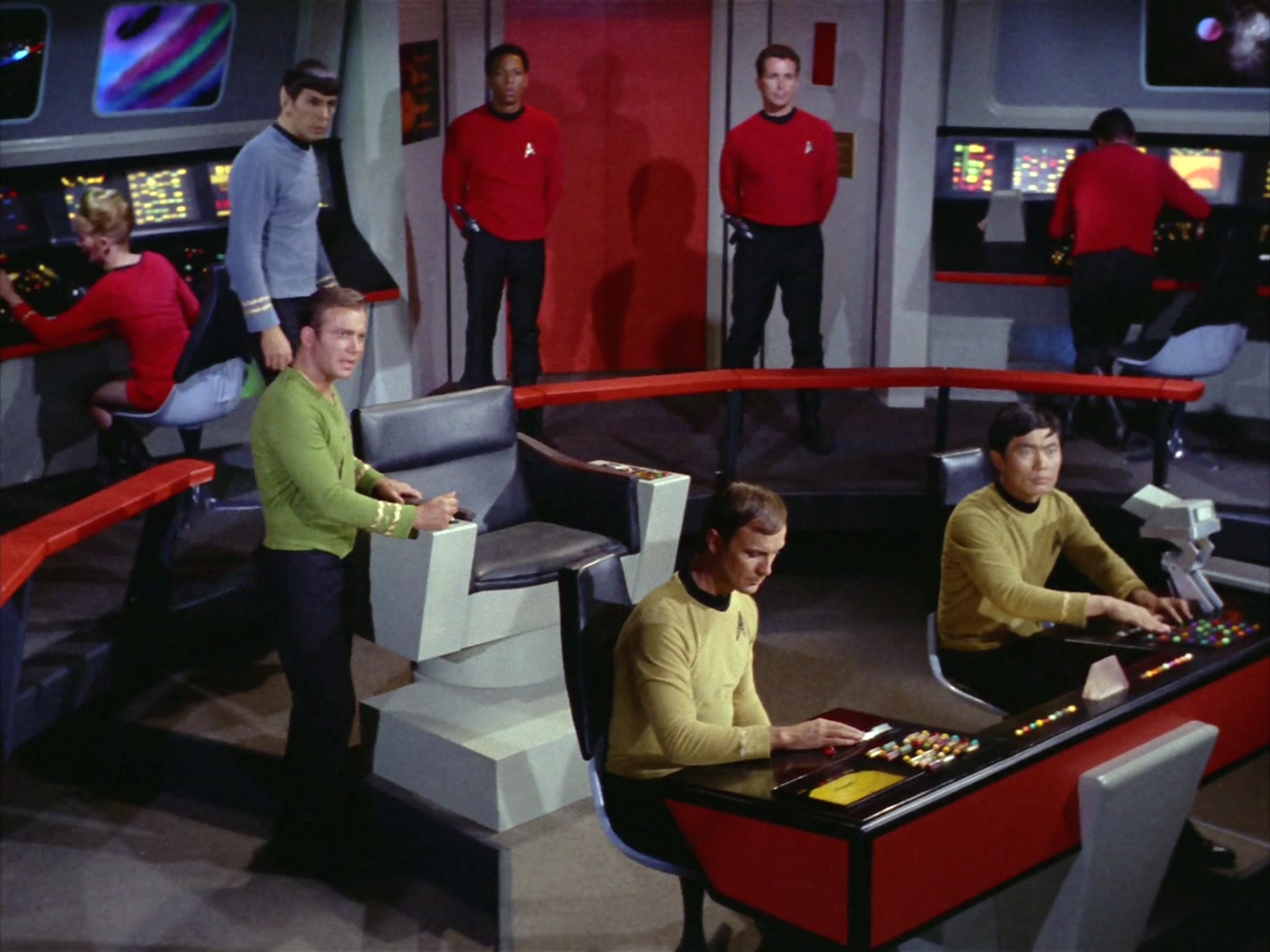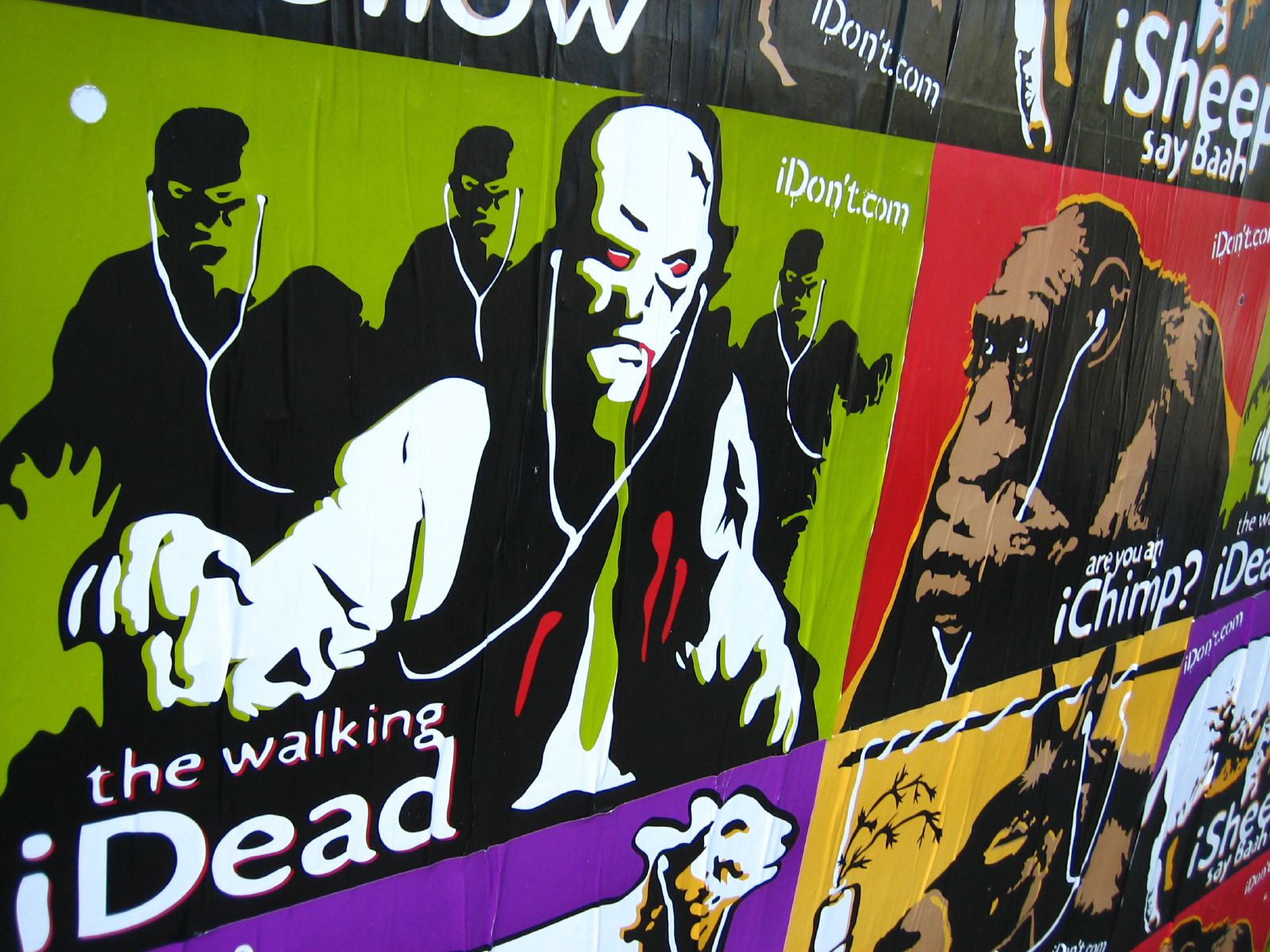I have been pondering the implications behind Microsoft’s Channel 9 blogsite. The deal: Last week, Microsoft developer evangelists put up Channel 9, which is supposed to provider developers with “a way to listen to the cockpit of Microsoft”. Apparently, the listening includes dispensing Microsoft news and inside views.
The timing is interesting. Channel 9’s official launch occurred during Microsoft’s Most Valuable Professional (MVP) event, which makes much sense considering the site is for partners. But the debut also came a couple days before Business Week published a story saying that Microsoft was in the process of trimming next-generation-Windows Longhorn features to make a 2006 ship date. The story also offered up details about other upcoming stops on the Windows roadmap, such as something called Windows XP Premium, which soon will ship on new PCs.









